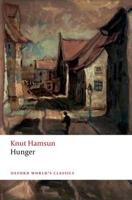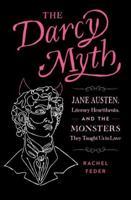Publisher's Synopsis
This book traces the widely varying critical reception of Andreas Gryphius (1616-1664), the greatest German poet of the seventeenth century. This book traces the widely varying critical reception of Andreas Gryphius (1616-1664), the greatest German poet of the seventeenth century. Although his work was respected in his native Silesia both in his lifetime, and in the years after his death, his reputation was almost eclipsed during the later eighteenth century. However, new interpretations of him by Romantic authors, and an emerging ideological consensus about Germany's national literature, brought about Gryphius' critical rehabilitation and enhanced appreciation of the qualities of his work; being roughly contemporary with great English and French playwrights, his literary reputation became enmeshed in the nationalist and ideological rivalries of Europe. More recently, commentators have concentrated on the unique character of his poetic attitude. In this volume, the authors outline the trends of his reception in German-speaking countries and provide the background for his critical history; an epilogue deals with the question of whether he can be seen as the German equivalent of Shakespeare or Calderón. The book also presents, for the first time in English, extensive excerpts from Gryphius criticism, from contemporary commentators (including those close to the poet) to modern critics such as Walter Benjamin.










